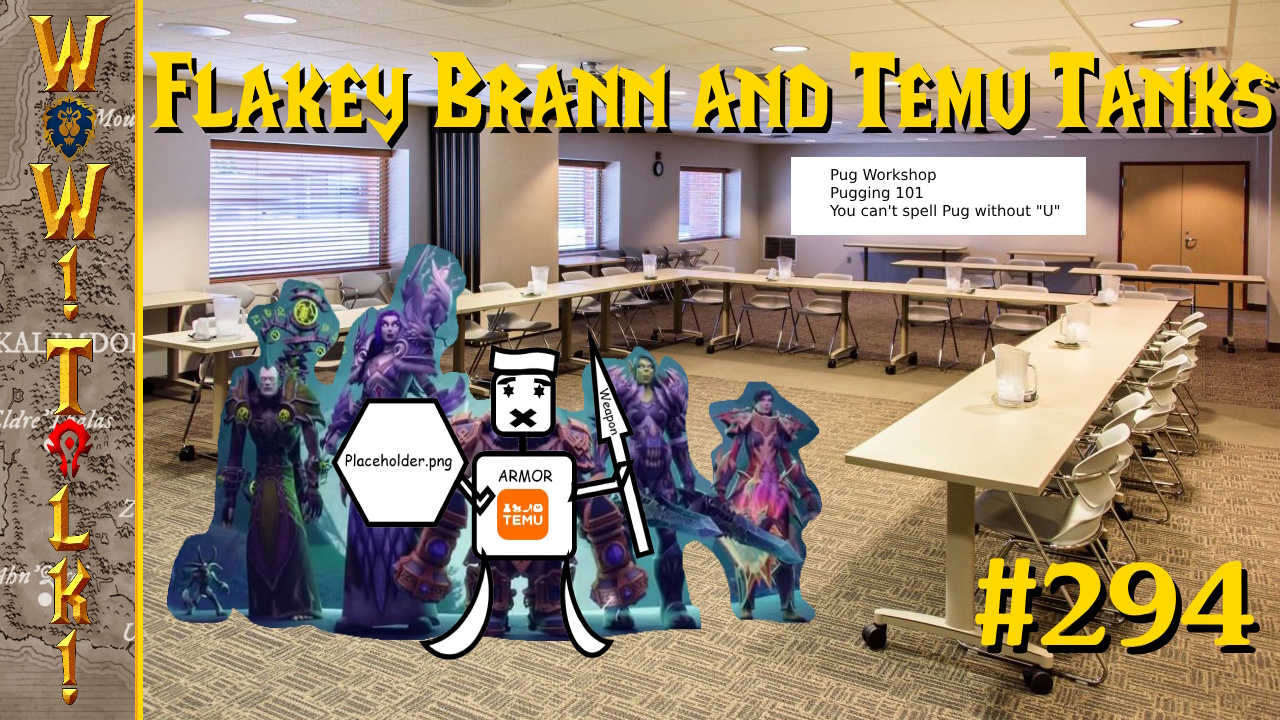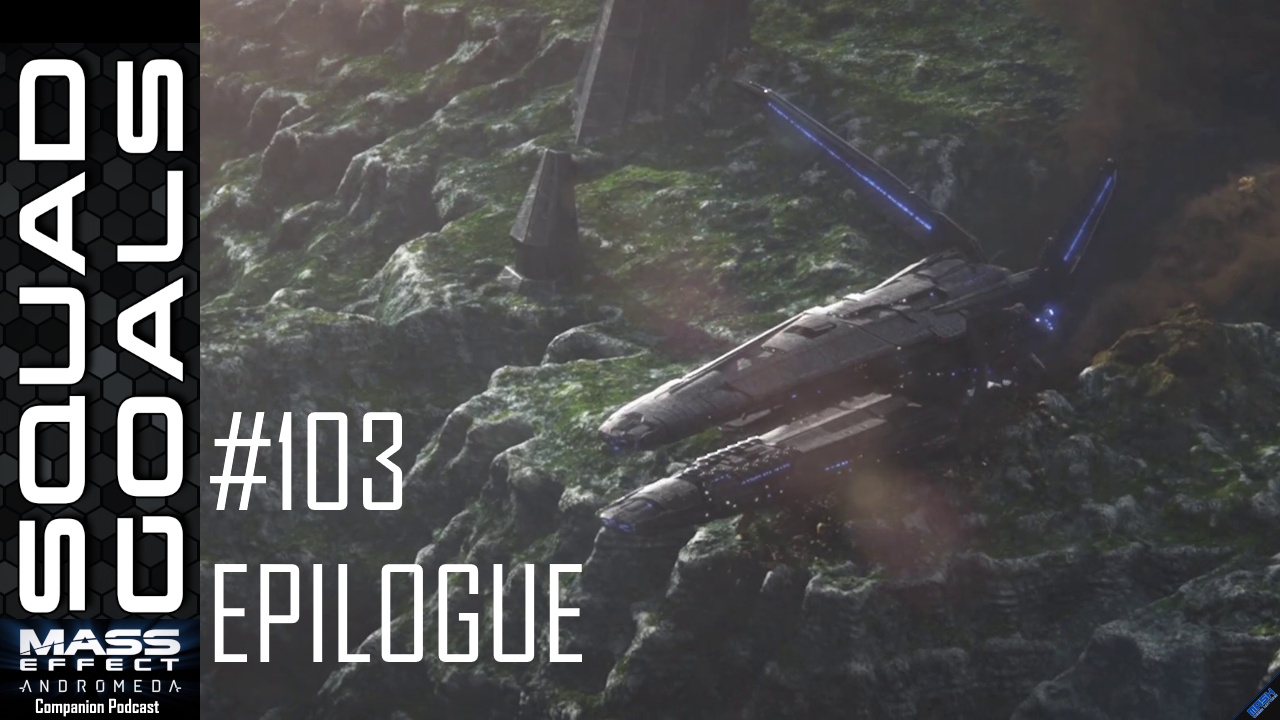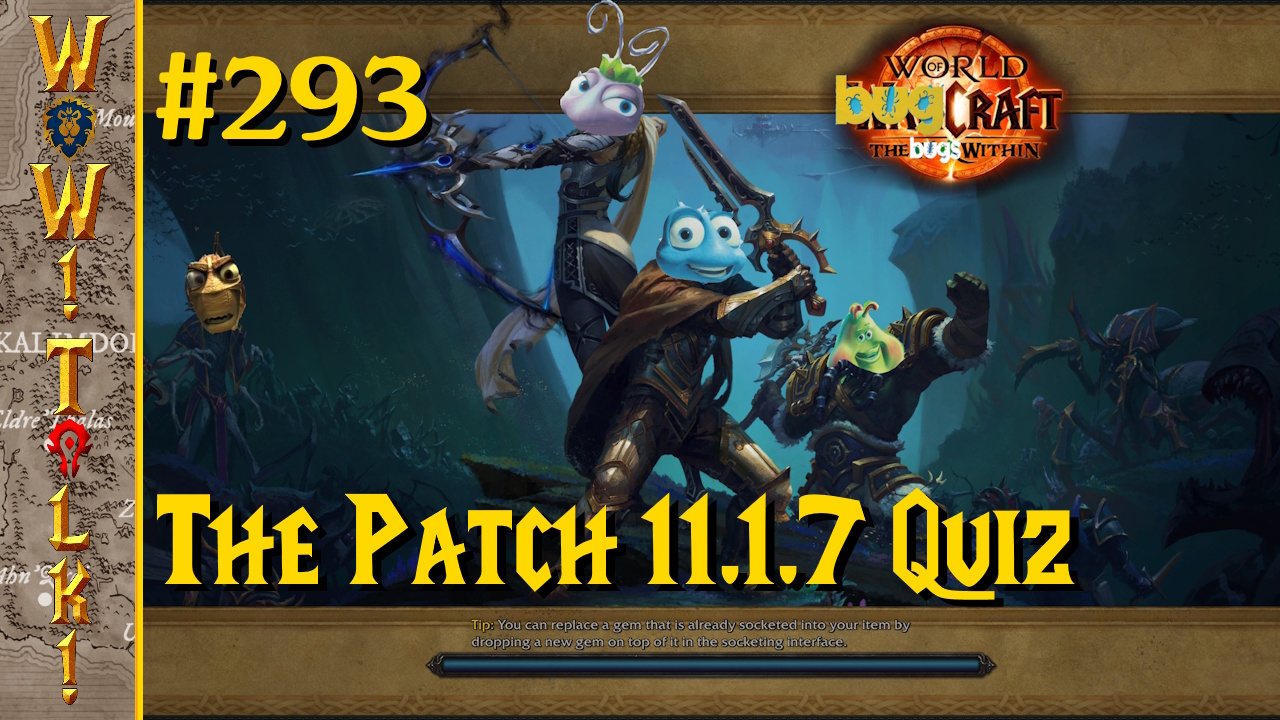
Adventure games have seen a strong reemergence in the past several years; particularly on portable systems. The Nintendo DS itself has seen its fair share of story-driven puzzle games such as Hotel Dusk: Room 215 and the Professor Layton series. However there is one particular series that has kept adventure gaming alive and kicking on the DS and that is the Phoenix Wright: Ace Attorney franchise. Anyone who has played through one of the four Ace Attorney games, or the series spin-off for fan favorite character Miles Edgeworth, can attest to the series’ charm and tongue-in-cheek humor. Series creator Shu Takumi’s quirky and oftentimes just plain weird courtroom drama series debuted as one of the freshest and most original games when in arrived in the US back in 2005. However, over its five year run, not much has really changed in the games’ design and the series has begun to stagnate from a lack of innovation. Now Takumi has tried to reinvent the adventure game genre once again in with his new original title, Ghost Trick: Phantom Detective.
Ghost Trick puts players in the role of Sissel, the victim of a recent murder and now disembodied spirit on the loose. If being dead wasn’t bad enough, Sissel also has amnesia and cannot remember either who he is or the events that led up to his recent demise. Now he has less than twelve hours to uncover the mystery behind his identity and discover the events that lead up to his untimely end before he ceases to exist forever. This deadline looms over Sissel’s head as a large cast of eccentric characters and constant obstacles stand in the path of his progress.

While Sissel certainly has his nonexistent hands full with the goals set before him, he is certainly not helpless. Being among the recently deceased has granted Sissel a variety of powers to aid him in his search for the truth. The entire game of Ghost Trick is played out in two modes: the ghost world and the physical world. In the ghost world, time is paused and the player is able to move between certain objects in the environment that are close enough to be jumped into. Back in the physical world, inanimate objects can be interacted with to cause chain reactions and move farther towards different parts of the area. For example, a bicycle can be possessed and then pedaled across the screen to the next cluster of inhabitable objects. This cycle of screen traversal and item possession is the basis of many of the puzzles in the game.
However, things are more complicated than simply getting from point A to point B. The characters in Ghost Trick have a nasty habit of either being targeted by assassins or being in the wrong place at the wrong time. Most of Sissel’s time is spent protecting important leads from being killed or returning the newly dead back to life. One of the most crucial of Sissel’s powers is the ability to turn back time to four minutes before a victim’s death and change their fate. Victims relive the last few minutes of their lives and it is up to the player to use Sissel’s ghostly powers to manipulate the environment and stop would-be assassins from completing their deadly assignment.

It’s in these four minute crisis modes that Ghost Trick really shines. The game itself is split into seventeen chapters and each chapter is usually comprised of at least one of these four minute scenarios. The very self-contained nature of these puzzles means that players have a small number of objects in the environment to use and many solutions are based on timing. Is the assassin taking aim next to an old guitar? Possess the instrument and play it to startle him and buy more time. All the puzzles in the game keep true to the internal, albeit crazy, logic of Ghost Trick and as a result almost every solution makes sense in its own odd way. It’s refreshing that the solutions to the game’s puzzles are fairly straightforward and because of this the game keeps from being overly difficult as many adventures titles can be. Even other series like Professor Layton or even Phoenix Wright have those moments where solutions make little sense and frustrated players run to a walkthrough website. Machinarium, I’m looking at you…
Part of the appeal of Ghost Trick definitely lies in its pacing. The game brilliantly balances storytelling and puzzle solving in a way that keeps each part equally fresh. Whenever conversations begin to drag on there’s someone who needs to be brought back from the dead. When a fate is averted and a life saved, new developments occur to further propel the game’s convoluted but intriguing plot. There isn’t a single moment in the game that feels like a chore and many players will likely find themselves compelled to play the game without stop until its rewarding and heartfelt ending.
Were Ghost Trick the brainchild of any other creator, it would no doubt be a taught, incredibly serious thriller. Yet Takumi does with this detective story what he has done countless times in the Phoenix Wright games and added in a healthy dose of self-aware humor. While the tone of Ghost Trick is often quite serious and there are more plot twists than a season of Lost to be had; there is always some amount of comedy in the mix. Whether it be off-beat individuals such as a detective who dances Michael Jackson’s signature moves the entire game or a nearsighted assassin who doesn’t notice the giant wrecking ball swinging his way, there is no lack of interesting and entertaining characters to be found here. It’s signature Phoenix Wright through and through.

But unlike the Phoenix Wright series where characters are represented only through various emotive portraits, Ghost Trick’s eccentric cast is presented with some of the smoothest and best looking animation ever seen on the DS. Everything that can move in the environment, persons and inanimate objects alike, does so fluidly. The characters and locales are vibrant, colorful, and very pleasant to watch in action. While there is a slight lack of detail present in Ghost Trick, it’s a somewhat necessary evil considering how great the game looks in motion.
In addition to looking great, Ghost Trick also sounds good too. The music in the game is done by the same composer as the Phoenix Wright series, Masakazu Sugimori, and it certainly shows. Many of the tunes in the game sound like they could be torn out of another Ace Attorney installment and even some of the sound effects themselves are from that same series. But just like Sugimori’s previous compositions, the music in Ghost Trick is very good and easily worth listening to on its own. Whenever the story needs an appropriate music piece to accompany it, the music used compliments the moment incredibly well. Whether it is a race against time to save a life or the sad recollection of a tragic event, the music always sets the mood perfectly.

Both the fresh visual style and the mood-fitting music add to the one quality that Ghost Trick absolutely has in spades: charm. Just as he did in the Phoenix Wright series, Shu Takumi has created the sort of intricate detective story that is interesting, compelling, and incredibly rewarding to play through. The likable cast of characters is easy to get attached to and when the game tries to tug on the heartstrings it can do so with a surprising efficiency. Especially for fans of Takumi’s previous work, Ghost Trick can feel like a homecoming of sorts. The game manages to be so rewarding and interesting throughout that it feels almost too short at its average completion time of around seven hours.
Ghost Trick: Phantom Detective is the sort of game that is difficult not to recommend to nearly any Nintendo DS owner. Veterans of the Phoenix Wright series and adventure game fans alike will no doubt be completely enthralled with the title from start to finish. For everyone else, Ghost Trick is simply one of the freshest exclusive titles available on the system and a great way to kick off 2011’s gaming calendar.




